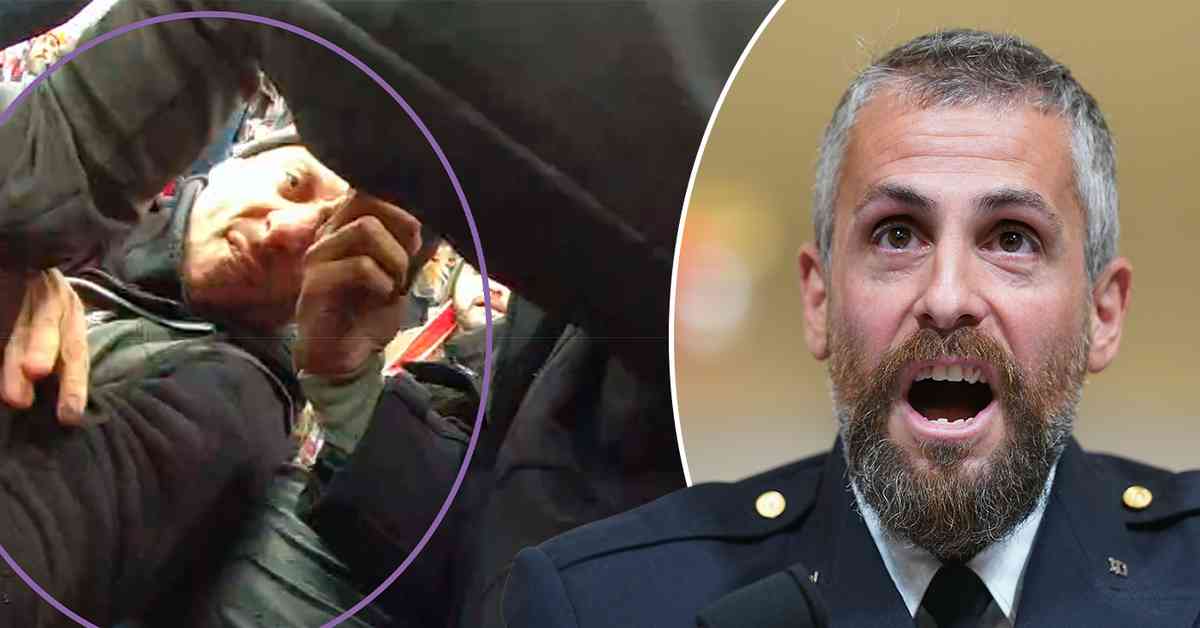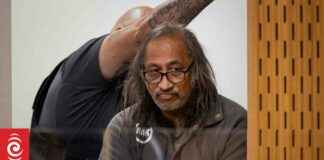Trump Pardons Over 1500 January 6 Rioters
US President Donald Trump made a controversial move on his first day back in office, pardoning, commuting the sentences, or promising to dismiss cases of all the 1500-plus people charged with crimes in the January 6, 2021, US Capitol riot. This includes individuals convicted of assaulting police officers and orchestrating plots to keep Trump in power after he lost the 2020 presidential election to Joe Biden. The pardons have sparked outrage among victims and critics alike, questioning the fairness and justice of the decision.
Victims and Lawyers React
Former prominent figures among the January 6 defendants, such as Enrique Tarrio and Stewart Rhodes, saw their lengthy prison sentences for seditious conspiracy convictions wiped away, leading to their release from prison. Attorneys representing these individuals expressed gratitude towards President Trump for his actions, marking a significant turning point for their clients and the nation. However, the implications of these pardons on the victims of the riot, particularly law enforcement officers like Michael Fanone, have been deeply distressing.
Political Backlash and National Reconciliation
While Trump’s supporters and lawyers for the defendants celebrated the pardons, Democrats and critics slammed the decision to extend clemency to individuals involved in violent attacks on police officers. The move has been described as an insult to the justice system and the heroes who protected the Capitol during the riot. Trump defended his actions as addressing a grave national injustice and initiating a process of national reconciliation, despite the widespread condemnation from various political figures and law enforcement officials.
Impact and Future Implications
The unprecedented scale and speed of the pardons have raised concerns about the accountability of individuals involved in the January 6 riot and the implications for future acts of violence against democracy. The actions of President Trump have reignited debates about the rule of law, political polarization, and the limits of executive power in the United States. As the nation grapples with the aftermath of the Capitol riot and the implications of these pardons, the voices of victims, law enforcement officers, and legal experts will continue to shape the dialogue surrounding justice, reconciliation, and the preservation of democratic values in the country.

















